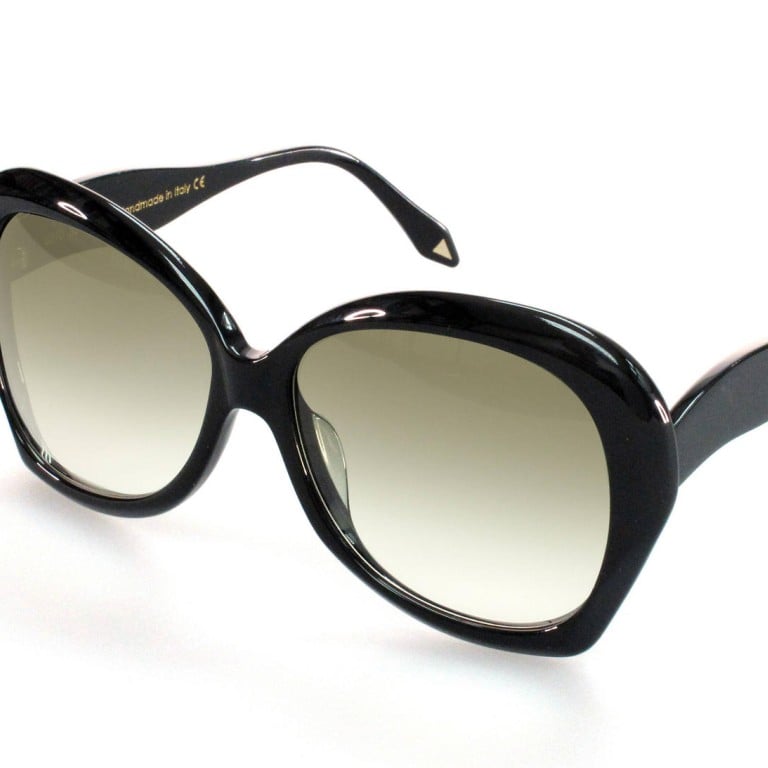How Chinese demand made luxury eyewear an overnight success

Eyewear has evolved into much more than a basic necessity, with top brands jumping on board
We won't blame you if you thought the Mammut box set was made for quality Cuban cigars. The engraved wooden box, perked up with a polished humidor and lined with velvet, was for a pair of glasses made from Siberian mammoth ivory dating back 20,000 years.
Precious materials, including mammoth ivory, 48,000-year-old Kauri wood, 18ct gold and diamonds, are used to create one-of-a-kind, high-end eyewear. Glasses are now more than mass-produced, corrective tools.

"Customers nowadays are definitely more knowledgeable about eyewear," says Pazo Ho, creative director of Visual Culture, which carries luxury eyewear brands including Hakusan Megane, Moscot and Oliver Goldsmith.
Ho, who started off as an apprentice in a local eyewear shop about two decades ago, witnessed its evolution first-hand.
"Mass-produced products took the luxury out of eyewear and people mainly bought glasses for practicality," Ho says.
The past five years or so have seen a significant change in the high-end eyewear market, thanks to the launch of luxury retail concepts, the growing diversity of high-quality, handmade products and the impressive purchasing power of mainlanders.
Puyi Optical was one of the earliest players to experiment in high-end eyewear back in 2002. Now, with more than 20 shops in Hong Kong and across the mainland, Puyi offers luxury eyewear, some of which cost a whopping HK$6 million.
"The market for high-end eyewear is still a niche market, but we definitely have interested clients," says owner and group CEO Jeffery Yau.
Referring to LOTOS, a German eyewear brand that produces 18ct gold frames with studded diamonds, which can set you back from HK$1 million to HK$6 million, Yau says he's seen clients who buy four pairs at the same time.